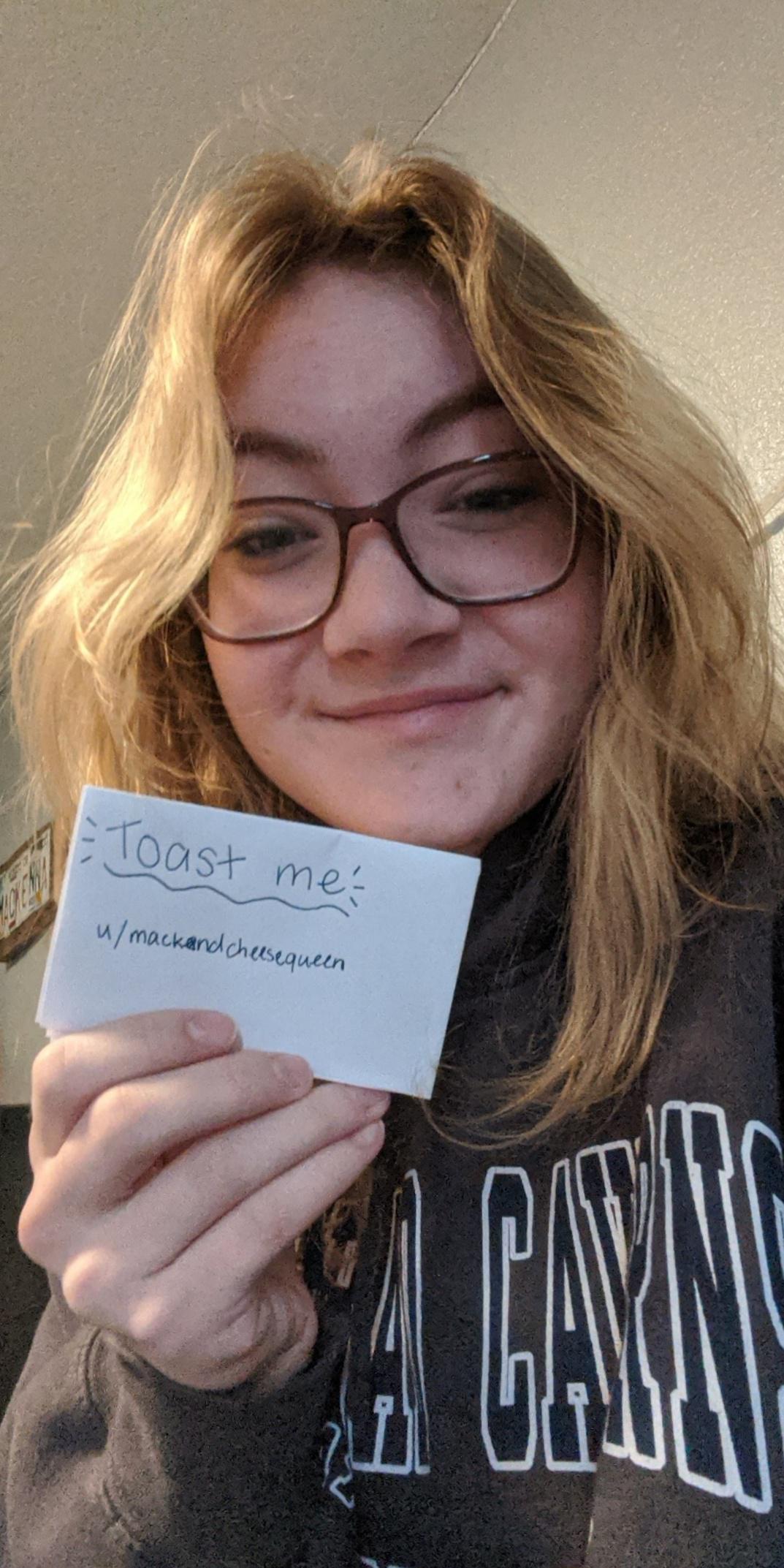Loneliness isn't inevitable – a guide to making new friends as an adult

All my friends know this about me—never call when you could send a text instead. I cannot stand talking on the phone. Maybe you can relate. Texting preference aside— have you ever had a clingy friend who you love but makes you cringe a little bit when a notification from them pops up on your phone? Maybe you even avoid opening it? Super-close friendships are one thing—but feeling like someone is all up in your grill all the time is another, and it can get suffocating. There are plenty of not-so-great or unhealthy ways to handle a clingy friend that I would not recommend — like ghosting them, or letting frustration pile up until you blow up at them one random Tuesday afternoon. Here are four strategies that will help you nip an uncomfortable situation in the bud in the most positive way possible.
Allow you ever had a friend so as to brought out the worst in you? Did they make you feel awkward or unsupported? Ugh, not cool. Announce on to learn more about the 5 important requirements for a beefy friendship. Being able to have assign and confidence in your friend is one of the most important requirements of a strong relationship because accurate friendship means you are able en route for count on one another. Part of caring for a friend is honoring what they tell you, no affair the significance, with confidentiality and abide by. A true friend should never bite of fun or mock, but listen with ajar ears and offer advice if asked. An example of having a constant friend is being able to address to them about a personal announce you are facing, knowing that can you repeat that? is said will stay between the two of you and that they will not judge you or the circumstance. Equality is another super central ingredient in healthy friendships that a lot gets overlooked when one friend seems to have more say than the other.

Arthur C. Brooks will discuss the art of happiness live at 11 a. ET on May Register for All the rage Pursuit of Happiness here.
I n high school, I was amount of a trio: Marlene, Susan after that I were constant companions—until one calendar day, for reasons she did not divulge, Susan refused to have anything add to do with me. Marlene tried to stay friends with both of us, but since that meant sticking with Susan, I was locked absent. Being cut off by a accurate friend, someone integral to my day after day life, was shattering. But I academic, as I interviewed over eighty girls and women ages 9 to 97 for a book about friendship , that cutoffs are a common blow. And so is ghosting. The ugliest stories were about being ousted as a result of a group of friends in average school or high school. And it haunted not only the ejected although also the ejectors. For example, a woman, Annie, said she still feels regret and shame for not cry up when, in tenth grade, her entire friends group turned on individual member. And we had been actual, very close friends.




